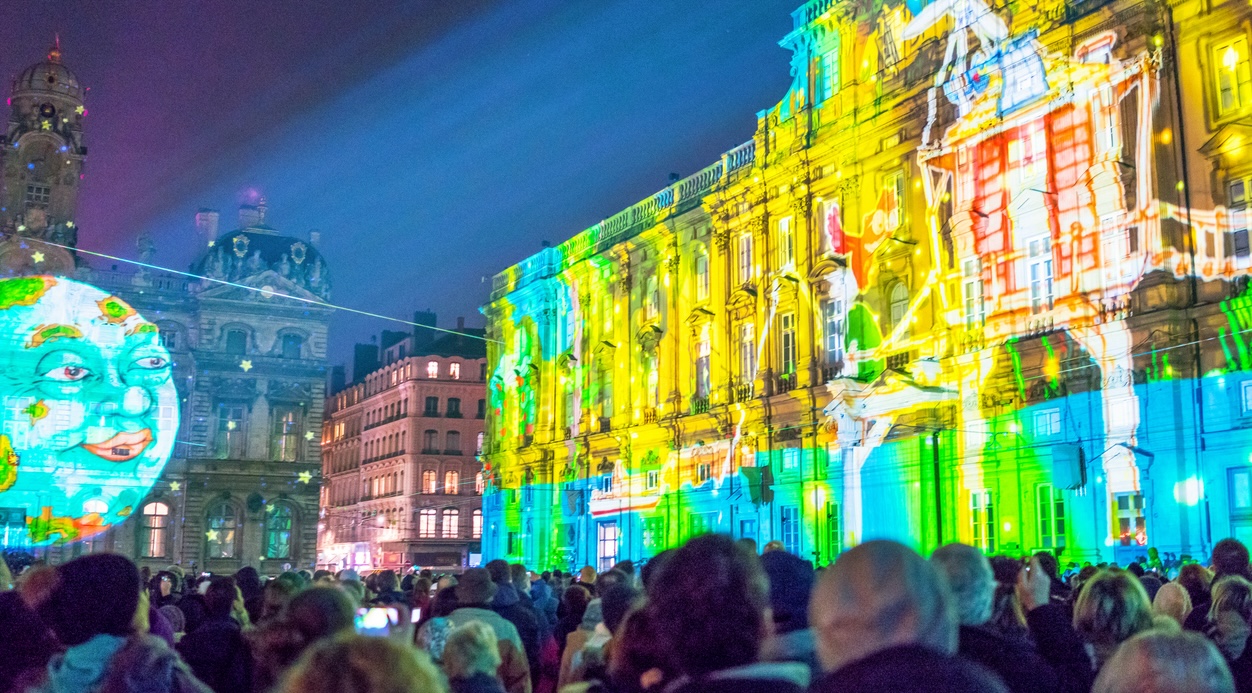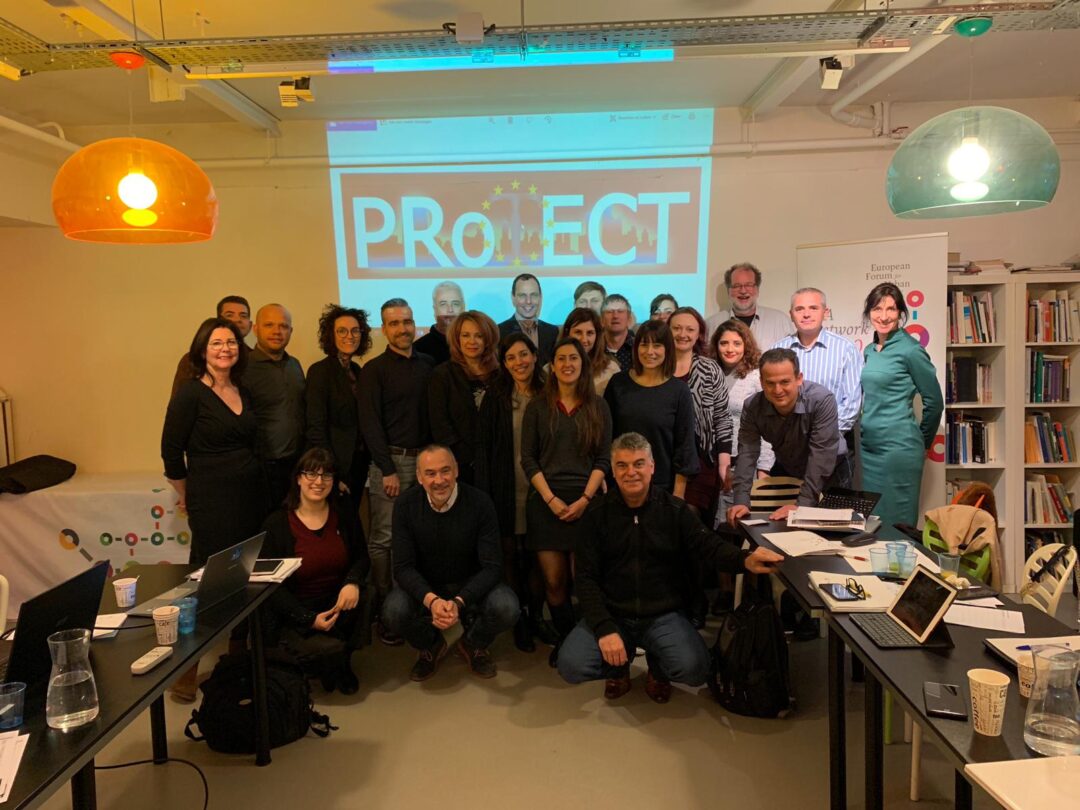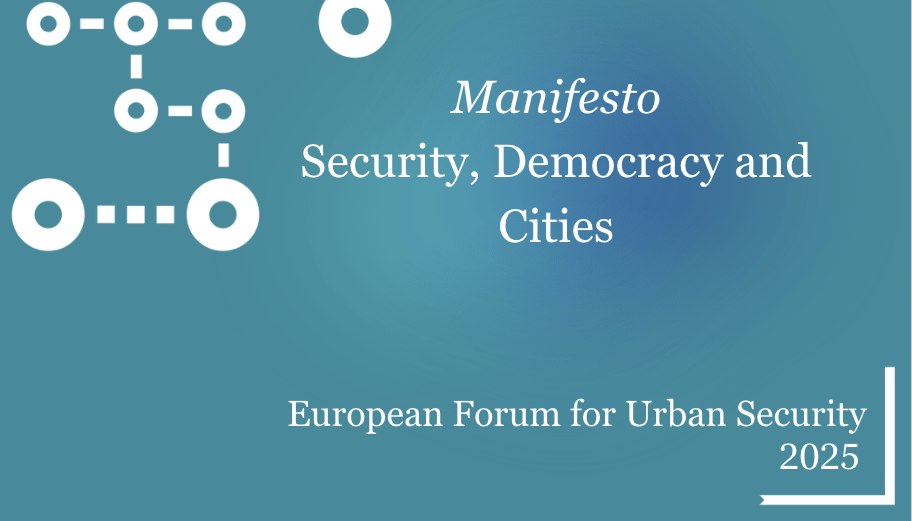July 2025 – The European Forum for Urban Security (Efus) recently signed a partnership agreement with the LUCI network, which brings together 70 cities from around the world to discuss issues relating to urban lighting. The two networks will be working together on issues such as the protection of public spaces and the role of lighting in enhancing citizens’ safety and feeling of security.
We met with Mark Burton-Page, LUCI’s Managing Director.
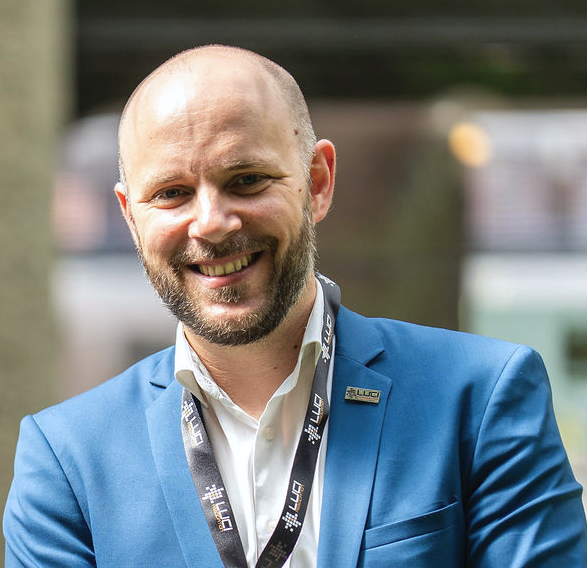
Can you give us a quick overview of the LUCI network?
Mark Burton-Page: LUCI is the only international network of cities that works on all issues related to urban lighting, whether permanent, everyday public lighting or event lighting, such as light festivals and other similar events. Founded in 2002, LUCI now has 70 member cities in 35 countries on every continent, representing a total population of some 135 million. Our network also brings together the various players in the urban lighting ecosystem: manufacturers, installers, specifiers, event organisers, universities and research institutes.
What are the priorities of LUCI members and how do they relate to the work of Efus?
Over the last ten years or so, discussions within our network have focused on energy savings with the switch to LED lighting and the advent of smart cities with the addition of connectivity to lighting. These challenges remain, but the key issue today is the environmental aspects of urban lighting. There is a growing awareness of the impact of light pollution and the importance of the quality of the night sky. This, coupled with the rise in energy prices linked to the war in Ukraine, is leading some cities, particularly in France, to think about and experiment with how and where to reduce or even cut back on public lighting. This is a sensitive issue that has a major impact on urban security and citizens’ sense of security. Our joint objective, at LUCI and Efus, is to enable towns and cities interested in the intersection of the two issues – urban lighting and urban safety – to pool their knowledge, thoughts and practices.
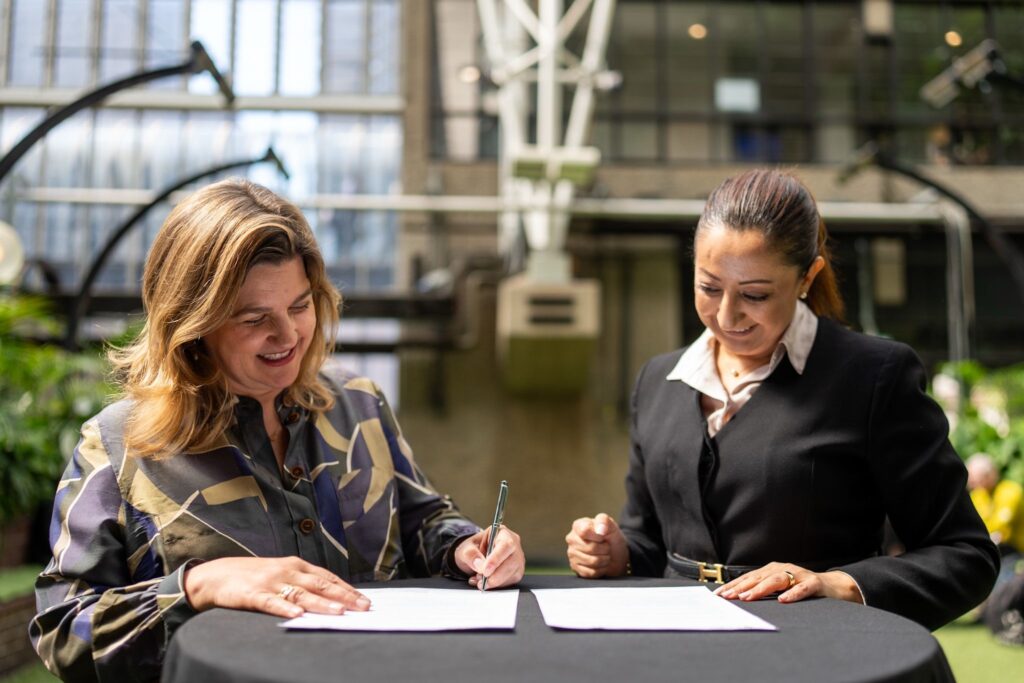
Photo: Elizabeth Johnston, Efus Executive Director, and Fatiha El Moudni, President of LUCI and Mayor of Rabat (Morocco), sign the partnership agreement between the two networks, in London (April 2025).
Do the Efus and LUCI networks complement each other geographically?
Absolutely: LUCI has historically had a strong presence in northern Europe, around the Baltic and Scandinavian countries, where there is a very strong culture of urban lighting linked to the fact that it’s a region where darkness is dominant in winter and daylight dominant in summer.
For its part, the Efus network has, I believe, historically been more present in Southern Europe (Spain, Italy…), where there is a different culture of urban lighting and management of public spaces. So the two networks complement each other well in this respect. With global warming, we’re all going to have to think about how we can live better in the city, including at night, which represents half of our lifetime.
Are LUCI and Efus planning to work together on projects funded by the European Union?
This is indeed a very stimulating avenue of cooperation for our two networks, and I hope that we will soon be able to set up a joint working group to help define the broad outlines of a project to be proposed to the European Commission.
Europe has every interest in financing and supporting exchanges between cities on these subjects, for example on the deep-seated cultural and social determinants of the feeling of insecurity and on how to prevent it by creating more inclusive public spaces, including at night.
How will the LUCI-Efus cooperation be structured?
The first thing is that we encourage each other’s members to take part in conferences, seminars or other events that may be of interest to them and which, it should be pointed out, will be free of charge for our members.
Secondly, we need to exchange information on a regular basis, for example by reciprocally publishing content disseminated by the two networks and by encouraging cooperation between cities within a joint working group.
What results do you expect in the short and medium term?
A partnership cannot be decreed; it has to be built and nurtured. We didn’t sign a document to launch something new, but rather to recognise something that already existed and to strengthen it. I am convinced that the LUCI-Efus partnership will produce added value for our two networks and encourage new approaches that will strengthen and help our member local authorities to work together, draw inspiration from each other, understand new things, learn about new issues… I’m sure that these exchanges will ultimately lead to designing public policies that are better adapted to the needs and expectations of the citizens of cities that are part of these two networks or will join them in the future.
Photo at the top: the Lyon Light Festival, which is held every year on 8 December. © iStock – Gim42
Middle and bottom photos: ©LUCI Cities & Lighting Summit London 2025, BAR Productions

